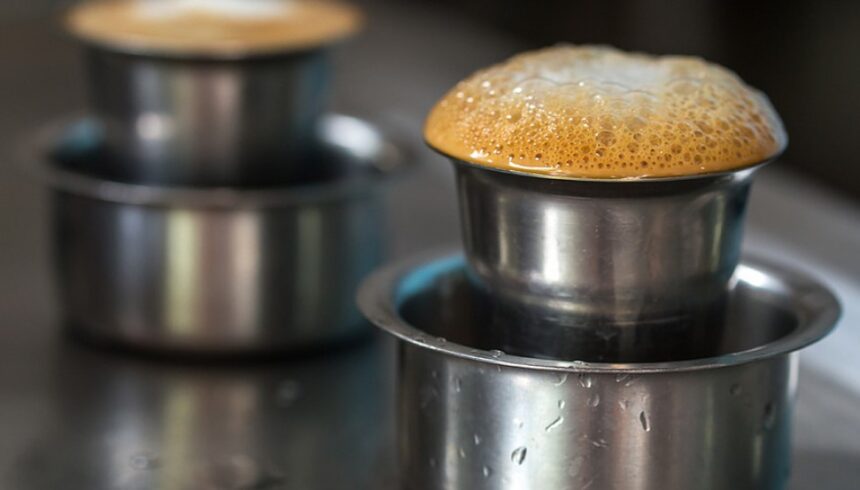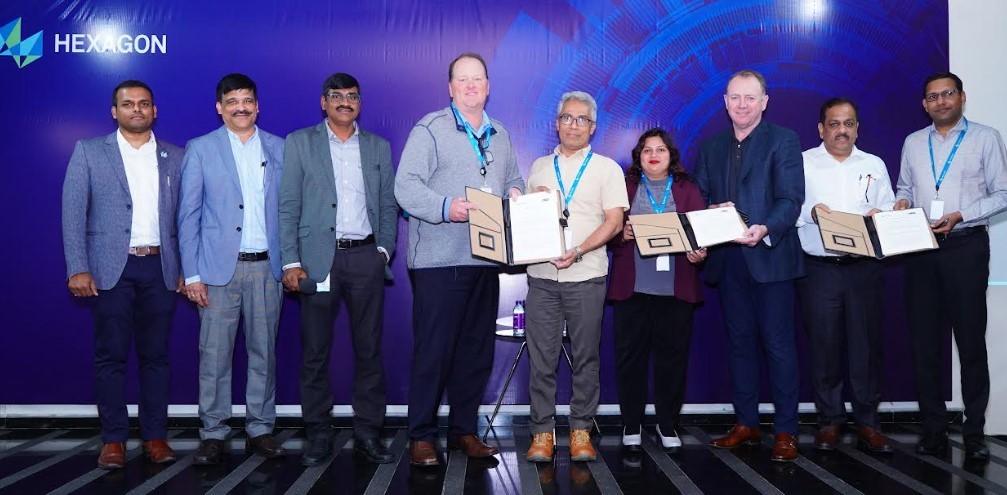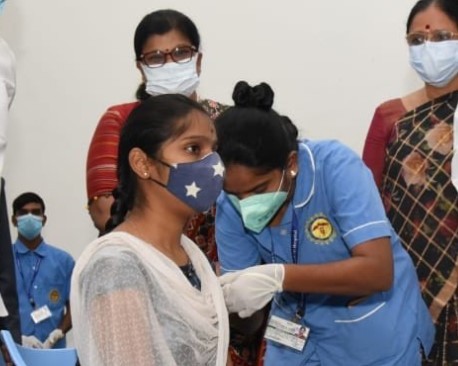In a delightful twist for coffee enthusiasts, South Indian filter coffee has emerged as a global favorite, securing the prestigious No. 2 spot on TasteAtlas’s recently released list of the ‘Top 38 Coffees in the World.’ This recognition celebrates the unique brewing style and rich flavor profile that has made this aromatic beverage a beloved choice for coffee connoisseurs worldwide.
The Art of South Indian Filter Coffee
Indian filter coffee, affectionately known as “kaapi” in the local dialect, is more than just a beverage—it’s a cultural experience. Here’s what sets it apart:
- Brewing Technique: The heart of South Indian filter coffee lies in its meticulous preparation. Using a traditional Indian coffee filter, the process involves two chambers: the upper one holds finely ground coffee, while the bottom chamber collects the slowly dripped brewed coffee. This method results in a full-bodied, richly-flavored cup that captivates the senses.
- Chicory Blend: Apart from ground coffee, Indian filter coffee often includes a touch of chicory. This tradition likely stems from British or French influences in the region. While most blends incorporate chicory, it’s not a strict rule. The balance between coffee and chicory varies, but the result is consistently delightful.
- Serving Ritual: Traditionally, South Indian filter coffee is served in a tumbler accompanied by a saucer (davara). The warm, frothy concoction is sometimes poured from one vessel to another, aerating it and enhancing the experience.
A Global Sensation
TasteAtlas’s ranking places South Indian filter coffee just behind Cuban Espresso, highlighting its distinctive character and the passion behind its preparation. Whether enjoyed at a bustling roadside stall in Chennai or savored in a cozy café in Bengaluru, this brew transcends borders.
The Coffee Culture of South India
Karnataka, Tamil Nadu, Andhra Pradesh, and Kerala—these southern states of India are the cradle of coffee cultivation. The tradition dates back to the 16th century, and the drink gained popularity through the 17th and 18th centuries. Today, South Indian filter coffee remains an integral part of daily life, connecting generations over steaming cups.






